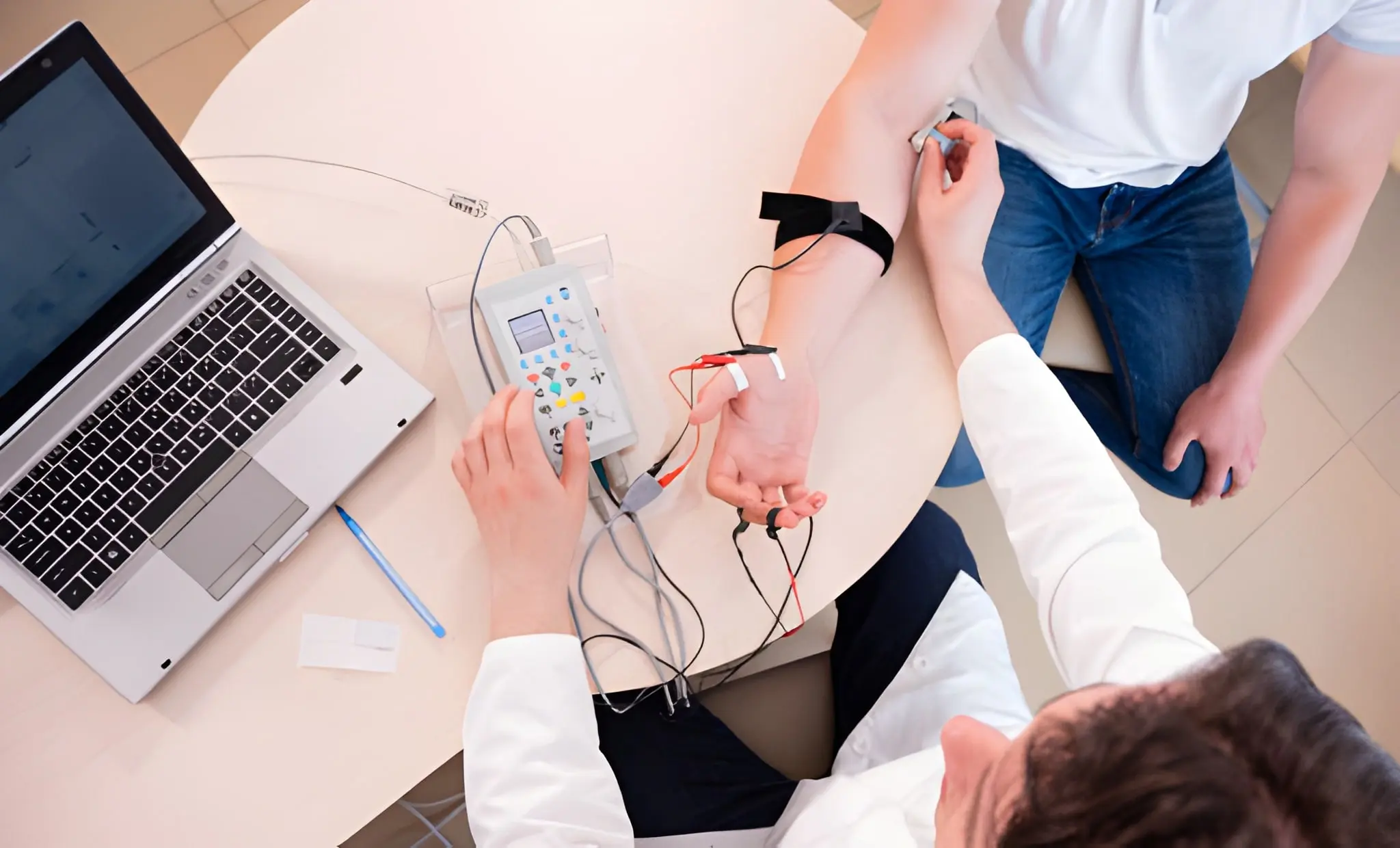When To Consider EMG and NCV Testing For Nerve Symptoms
Consistent pain, tingling, or numbness in your limbs can signal more than just discomfort. These sensations may indicate underlying nerve damage that can affect your daily activities and mobility. Recognizing the signs of nerve dysfunction is essential for early intervention and more effective treatment options. Here, we outline the circumstances under which electromyography (EMG) and nerve conduction velocity (NCV) tests are recommended.
These diagnostic tools are vital for neurology treatment, offering critical insights into nerve and muscle health. Understanding how EMG and NCV tests function can empower you to seek timely medical attention and care. These tests also provide invaluable data to help tailor treatments specifically for individual needs and conditions. By identifying the right circumstances for these tests, you can take a proactive approach to managing your health.
Persistent Numbness or Tingling
Experiencing persistent numbness or tingling in your arms, legs, or other body parts could indicate nerve damage. Nerve dysfunction often presents itself through these sensations, which can grow more pronounced over time. If you notice numbness or tingling that does not improve or disappears intermittently, it is crucial to investigate. EMG and NCV tests in trusted clinics help identify the exact location and cause of these symptoms.
Muscle Weakness
Unexplained muscle weakness, especially if it worsens progressively, should never be overlooked. This weakness can point to nerve damage that is preventing muscles from functioning properly and efficiently. If you find it difficult to lift objects or even carry out simple tasks, this is concerning. EMG and NCV screenings in reliable clinics can pinpoint whether this weakness stems from nerve problems.
Radiating Pain
Pain that travels from one part of the body to another could be a sign of nerve issues. For example, if pain starts in your back and radiates down your leg, it is worrisome. Such symptoms, known as radiculopathy, can often be associated with conditions like sciatica or herniated discs. In these cases, NCV and EMG screenings by professionals can help determine the severity.
Difficulty Moving or Performing Daily Tasks
If you find it harder to move or perform basic tasks, your nerves might be compromised. This can include trouble walking, getting up from a chair, or even holding everyday objects. When these difficulties interfere with your quality of life, it is time to seek medical attention. EMG and NCV tests are essential in diagnosing nerve-related issues that may be responsible for limiting mobility.
Loss of Reflexes or Coordination
If you experience a loss of reflexes or coordination, it may indicate a significant nerve issue. Diminished reflexes, especially if they are present on one side of the body, should be addressed. Similarly, coordination problems, such as difficulty balancing or stumbling, can be a sign of nerve dysfunction. Through EMG and NCV testing, healthcare professionals can understand whether these issues are nerve-related.
Chronic Pain That Doesn’t Respond to Treatment
Chronic pain that fails to respond to standard treatments is another clear sign that nerve problems may exist. When typical pain management methods such as medications or physical therapy do not work. Nerve dysfunction can often lead to ongoing pain that lingers or fluctuates despite other interventions. Using EMG and NCV screenings can provide a comprehensive understanding of what is causing the chronic pain.
Recognizing early signs of nerve dysfunction can lead to faster and more effective treatment interventions. Seeking trusted neurology treatment enables an accurate diagnosis and a tailored recovery plan tailored to individual needs. Do not let persistent symptoms limit your daily activities; early intervention can prevent further damage or complications. Embrace proactive care to ensure lasting health and well-being with expert guidance and treatment options.
Also Read

